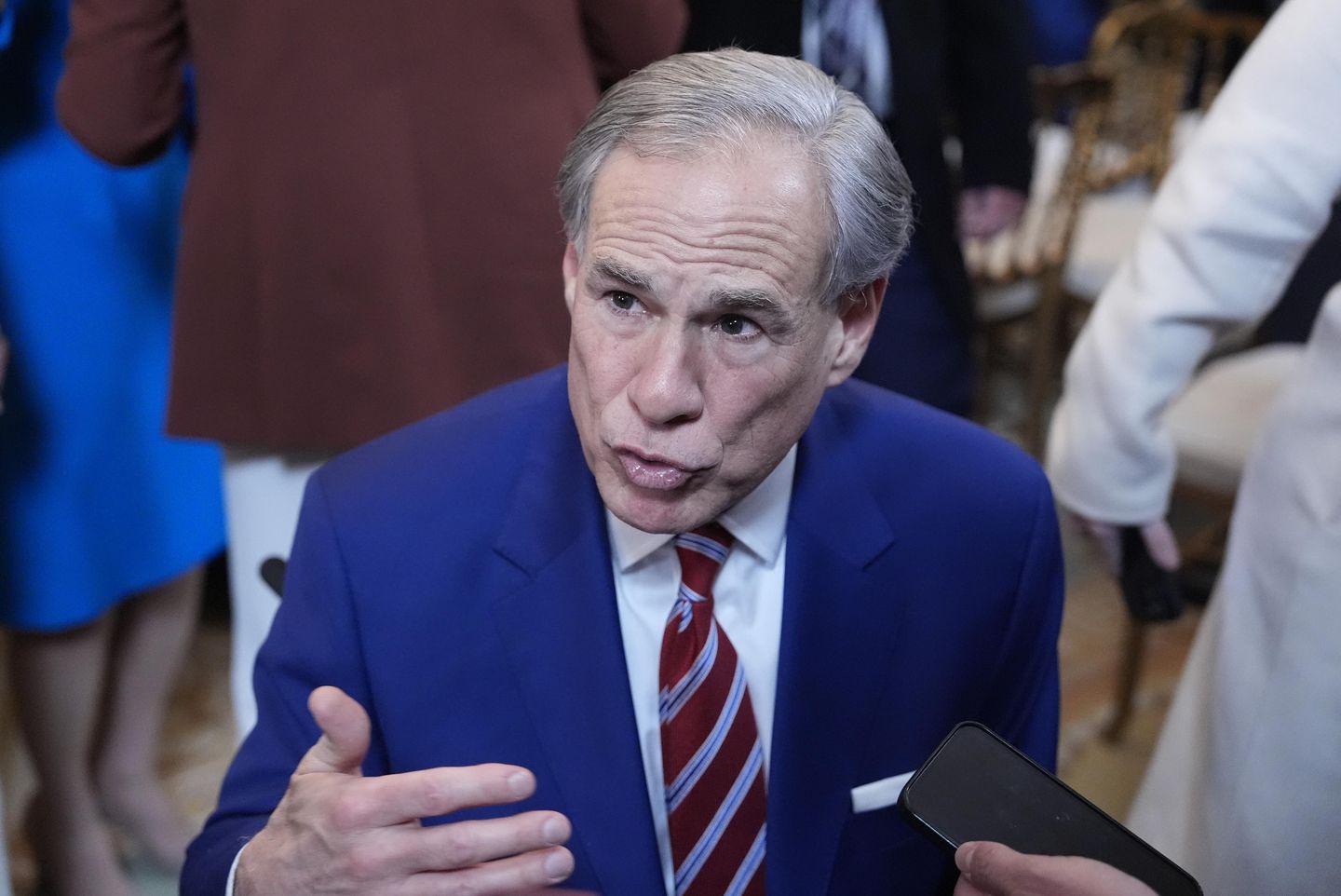
In a watershed moment for educational policy in the Lone Star State, Texas Gov. Greg Abbott has signed into law the nation’s largest school voucher program, culminating years of Republican efforts to redirect public education funds toward private schooling options.
The sweeping legislation authorizes “education savings accounts” allowing qualifying students to receive approximately $10,000 annually in state funds beginning in the 2026-27 school year. These funds can be used for private school tuition and related educational expenses. Initially capped at $1 billion, this budget restriction will be lifted the following year, potentially expanding the program’s reach dramatically.
“Today, Texas delivers on that promise,” declared Mr. Abbott during Saturday’s signing ceremony. “I am signing this law that will ensure Texas families, whose children can no longer be served by the public school assigned to them, have the choice to take their money and find the school that is right for them.”
The program prioritizes students with disabilities from families earning up to 500% of the federal poverty line, allowing them access to triple the standard allocation — up to $30,000 annually. Beyond tuition, eligible parents can direct funds toward special needs therapies, tutoring, extracurricular activities, and transportation.
Supporters herald the legislation as transformative. Norton Rainey, CEO of ACE Scholarships, praised the law for making “quality education now within reach for millions of Texans.” Tommy Schultz of the American Federation for Children called it “a tipping point for the nation” in the school choice movement.
The Texas initiative aligns with a broader national trend, as the Trump administration and numerous GOP-led states implement similar policies redirecting education dollars to parents. Currently, 21 states permit tax deductions for donations to private K-12 scholarship funds.
However, opposition remains fierce. Critics, including teachers’ unions, Democrats, and rural advocates, argue the program diverts crucial resources from already-strained public schools.
“Voucher schemes are transparent attempts to diminish parental choice by syphoning money away from public schools to pay for tax cuts for billionaires,” said Randi Weingarten, president of the American Federation of Teachers.
National Education Association President Becky Pringle emphasized that 90% of American children attend public schools, urging lawmakers to “support public schools so that every student has inviting classrooms, modern technology, and textbooks.”
As Texas prepares to implement this controversial program, the debate continues over whether expanding educational choice or strengthening existing public schools represents the better path forward for America’s 6 million school-aged children in Texas and millions more nationwide.
Read more: Texas Gov. Greg Abbott signs sweeping school voucher law
This article is written with the assistance of generative artificial intelligence based solely on Washington Times original reporting and wire services. For more information, please read our AI policy or contact Ann Wog, Managing Editor for Digital, at awog@washingtontimes.com
The Washington Times AI Ethics Newsroom Committee can be reached at aispotlight@washingtontimes.com.












